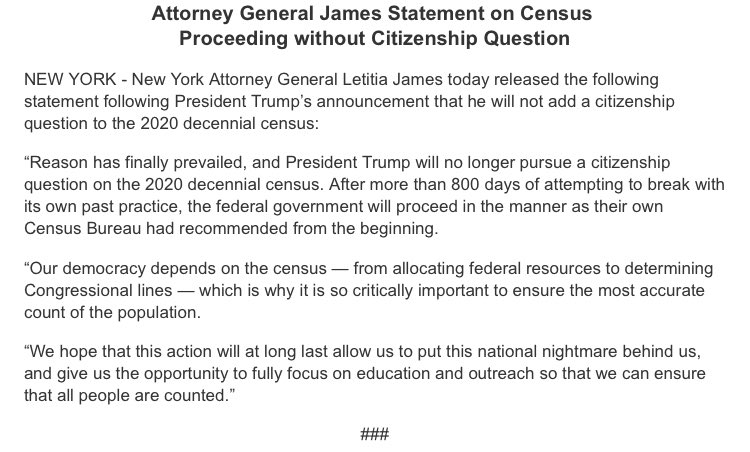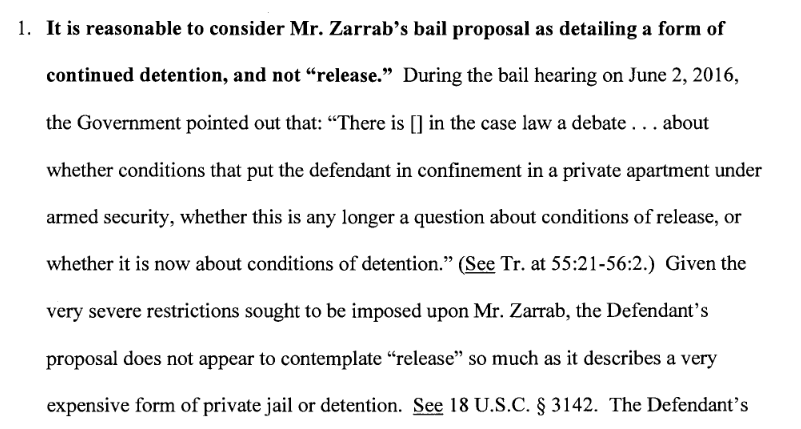For now, my scene-setter and developing story, for @CourthouseNews courthousenews.com/new-epstein-ac…
Citing new evidence, Acosta says: "His acts are despicable and the New York prosecution affords an opportunity to more fully bring Jeffrey Epstein to justice."
He says that the state attorney's office deal was worse, in that it would have let Epstein walk free. Then, the U.S. Attorney's office jumped in, he says.
"These cases... are hard," he added.
Acosta, in short: Blame Florida.
"I have viewed the victim interviews. They are hard to watch.... I wanted to help them. That is why we intervened."
No assertion yet on why he did not inform them, per his legal obligation.
Second question: "Do you owe [victims] an apology [for not notifying them]?"
If it went to trial, he said: "Talking about this would allow him to make the argument at trial that their testimony was compromised."
He doesn't say whether he owes them an apology, or address his legal obligation.
He says it was a question of avoiding "rolling the dice" at trial.
"No regrets is a very hard question," Acosta says.
"We expect a lot more transparency today," he continues. "As you watch these victim interviews, it's very obvious that the victims feel this was not a sufficient outcome."
Acosta claims it's a "mischaracterization."
Acosta claims that the meeting happened after the deal was struck.
Asked about the deal violating CVRA, Acosta said that it complied with department policy.
A: With "knowledge and hindsight," Acosta said: "We live in a very different world."
Blame Florida, again.
Telemundo reporter asks for the same statement en español.
Acosta: "Las víctimas han sufrido mucho," su decisión fue "muy difícil."
Question asks whether Epstein was an intelligence asset of some sort: "I would hesitate to take this reporting as fact... I can't address it directly because of our guidelines."
Acosta: "I serve at the pleasure of the president," adding that he'd accept any decision Trump makes.
A: "That's an interesting question," which he does not answer, citing pending litigation.
Waxing philosophical, he says he has an "open-door policy," and commends "transparency," in the abstract.
A couple observations:
1) Acosta took a large number of questions and extended the Q&A past their expected endpoint multiple times. Ultimately, he showed a talent for fielding them and replying in ways that avoided direct answers.
No apology, no apparent regrets.
Story update, @CourthouseNews. courthousenews.com/new-epstein-ac…










